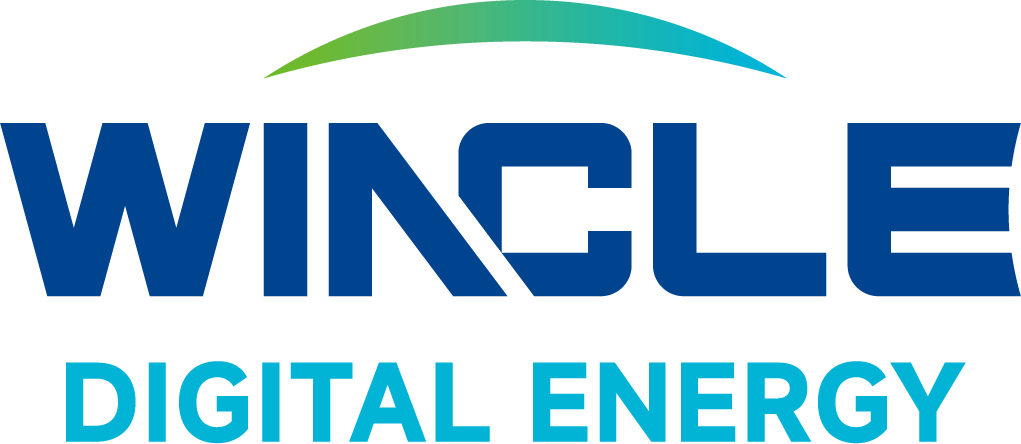Maximize Your Energy Independence with Solar Panels and Backup Batteries
Release time:
2025-03-15
Source:
Solar energy harnesses the power of sunlight to generate electricity, providing a clean and renewable energy source. As we face rising energy costs and environmental concerns, more homeowners and businesses are turning to solar solutions. This shift not only helps reduce carbon footprints but also promotes energy independence. By investing in solar energy, you can significantly lower your utility bills and protect yourself against fluctuating energy prices.
What Are Solar Panels and How Do They Work?
Solar panels are devices that convert sunlight into electricity through the photovoltaic effect. They consist of multiple solar cells made from semiconductor materials, usually silicon. When sunlight hits these cells, it generates direct current (DC) electricity.
Modern solar panel systems typically include:
- **Photovoltaic Panels:** Convert sunlight into electrical energy.
- **Inverters:** Change DC electricity into alternating current (AC) electricity, which is used by most home appliances.
- **Mounting Systems:** Secure the panels to your roof or ground.
- **Monitoring Equipment:** Track energy production and consumption.
With advancements in technology, solar panels have become more efficient, durable, and aesthetically pleasing, making them a viable option for various property types.
The Role of Backup Batteries in Energy Independence
Backup batteries store excess energy produced by solar panels for later use. This capability allows homeowners to use renewable energy even when the sun isn't shining, enhancing energy independence. Here are the main types of batteries used in solar systems:
1. **Lithium-Ion Batteries:** Known for their high efficiency and longer lifespan, these batteries are lightweight and have a high energy density.
2. **Lead-Acid Batteries:** A more affordable option, though they typically have a shorter lifespan and lower depth of discharge compared to lithium-ion batteries.
3. **Flow Batteries:** Suitable for larger systems, these batteries can be scaled easily and offer long operating lives.
Investing in a backup battery system ensures that you have power during outages and can maximize the use of your solar-generated energy.
Benefits of Solar Panels and Backup Batteries
The integration of solar panels with backup batteries offers numerous advantages:
- **Energy Cost Savings:** Reducing reliance on grid electricity can lead to significant savings on energy bills.
- **Energy Independence:** Generating your own electricity and storing it for later use reduces vulnerability to power outages and price fluctuations.
- **Environmental Impact:** Utilizing renewable energy sources helps lower greenhouse gas emissions and promotes sustainability.
- **Increased Property Value:** Homes equipped with solar energy systems often see an increase in property value.
- **Tax Incentives and Rebates:** Various governments offer financial incentives for adopting solar energy solutions, making the initial investment more affordable.
The Installation Process: What to Expect
Understanding the installation process helps you prepare for what lies ahead. Here’s a step-by-step breakdown:
1. **Consultation and Assessment:** A solar provider will evaluate your property, energy needs, and assess the rooftop or land suitability for solar installation.
2. **System Design:** Based on the assessment, a customized system is designed, including the type and number of panels and batteries.
3. **Permitting:** Your contractor will handle the necessary permits and approvals from local authorities.
4. **Installation:** Professional installers will mount the solar panels, install the inverter, and connect the system to your home's electrical grid.
5. **Inspection and Commissioning:** After installation, a final inspection ensures everything meets safety and performance standards.
6. **Monitoring Setup:** You’ll receive guidance on how to monitor your system’s performance to optimize energy use.
Financing Options for Solar Panels and Batteries
Investing in a solar energy system can seem daunting due to the upfront costs, but various financing options can help:
- **Cash Purchase:** Paying upfront may qualify you for the maximum tax credits and incentives.
- **Solar Loans:** Many financial institutions offer loans specifically for solar projects, allowing you to pay over time while enjoying energy savings.
- **Leases and Power Purchase Agreements (PPAs):** With these options, you pay a monthly fee to use the solar system without owning it. A third party owns the equipment and receives any available incentives.
- **Government Grants and Incentives:** Look for local, state, or federal programs that provide financial assistance for renewable energy projects.
Maintenance Tips for Your Solar Panel and Battery System
Maintaining your solar energy system is crucial for maximizing its lifespan and efficiency. Here are some maintenance tips:
1. **Regular Cleaning:** Dust and debris can reduce solar panel efficiency. Clean panels periodically, or hire a professional service.
2. **Monitoring System Performance:** Use monitoring tools to track energy production and consumption. If you notice decreased performance, consult your installer.
3. **Battery Maintenance:** Follow manufacturer guidelines for charging and discharging batteries. Regularly check for wear or damage.
4. **Inspections:** Schedule routine inspections with your installer to identify and address potential issues early.
Common Misconceptions About Solar Energy
Despite the growing popularity of solar energy, several misconceptions persist:
- **Solar Panels Are Too Expensive:** While there are upfront costs, the long-term savings and government incentives can make solar energy affordable.
- **Solar Energy Only Works in Sunny Climates:** Solar panels can generate electricity in cloudy or rainy conditions, albeit at reduced efficiency.
- **Solar Systems Require Constant Maintenance:** With minimal maintenance, solar systems can operate efficiently for 25 years or more.
- **Battery Storage Is Unnecessarily Complicated:** Modern battery systems are designed for easy integration and use.
The Future of Solar Energy and Backup Systems
The future of solar energy is bright, with continuous advancements in technology, efficiency, and storage capabilities. Trends shaping the future include:
- **Improved Battery Technology:** Ongoing research aims to enhance battery efficiency and lifespan, reducing costs and increasing adoption.
- **Smart Grid Integration:** As energy management systems evolve, integrating solar power into smart grids will optimize energy distribution and use.
- **Community Solar Projects:** Many urban and rural areas are exploring shared solar projects, allowing multiple users to benefit from a single solar installation.
Conclusion
Maximizing your energy independence with solar panels and backup batteries is not just an environmentally responsible decision, but a financially savvy one as well. By understanding the technology, benefits, and installation process, you can confidently take steps toward achieving energy autonomy. With continual advancements in solar technology and supportive financing options, the journey toward energy independence is more accessible than ever. Transitioning to solar energy is an investment in your future—one that promises sustainability, resilience, and savings.
solar panels with backup battery
latest news












